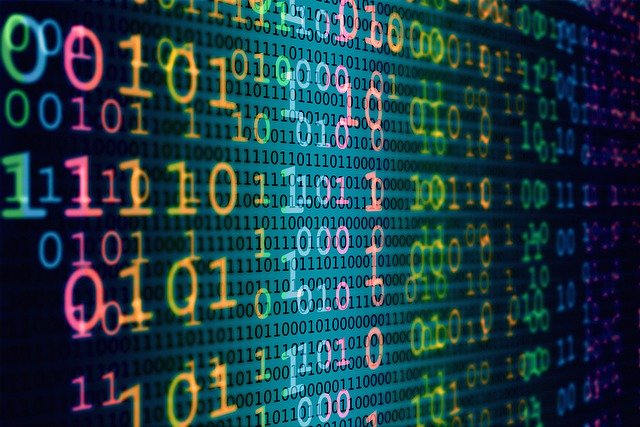
If you read industry publications, you’ve probably already come across the terms digitalization and digitization a couple of times today. But do you know the difference?
It’s easy to confuse the terms. But understanding how they differ will help you gain the most information and understanding of the digital mindset.
What is Digitalization?
According to IGI Global, Digitalization is the “adoption of digital technologies to modify a business model….by exploiting digital network dynamics and the giant digital flow of information.” On the other hand, digitalization leads to the creation of a digital business. According to Gartner, this is “the creation of new business designs by blurring the digital and physical worlds.” More about this in a minute.
What’s the Difference between Digitization and Digitalization?
Digitization is where digitalization begins, in the conversion of analog data into a digital form that can be processed by a computer. Digitalization transforms digitized data through the use of digital technologies like automation, computing, coding, AI, or IoT(to name a few) to change how work gets done. And while digitization can optimize and change the process to create a better workflow, reduce costs, or minimize waste, digitalization creates a core change that affects the entire business model.
How does this compare to Digital Transformation?
Now let’s introduce a third term: digital transformation. Digital transformation happens when a business fundamentally changes through the integration of digital technology into its business model in a way that delivers significant value to all of its customers, and perhaps to all of society.
The significance of this is obvious: digital transformation is about people and not about the technology itself. Even though it relies on digitization and digitalization, it is only when it creates an effect upon people that it can be called “transformation.”
There are four basic types of digital transformation. These are
- Cultural/Organizational transformation. Changing the mindset and the workflow practices of the entire organization from the core using digital technologies.
- Process transformation. This is how things are done. Process transformation includes the implementation of new technologies like AI, machine learning, and other adaptive technologies to lower costs and increase quality while reducing time invested.
- Business Model transformation. A complete transformation of a traditional business model through the application of new technology. To clarify, think Netflix over Blockbuster and Uber over traditional taxi service.
- Domain transformation. Domain transformation changes industry boundaries, allowing companies to move into untapped markets. The industrial automation industry is seeing this as some companies like GE move from providing equipment to becoming IIoT (industrial Internet of Things) service providers.
What are some examples of Digital Businesses?
Some examples of digital businesses are below. Are these examples of digital transformation? Let us know what you think.
- Select UPS stores now offer 3D Printing services
- L’Oreal offers an augmented reality “try on” feature for lipstick and hair color
- Allstate has drones to assess damage after major storm events.
- 3M offers a Bluetooth connected Electronic Stethoscope that can save up to 12 30-second patient sound tracks.
- The City of Montreal has an app available to residents that tracks the city’s snow removal in real time.
AX Control carries many components with digitization capability, including the VMIVME-3128 from General Electric. Talk to our team today about this or any other component in our warehouse stock.

You must be logged in to post a comment.